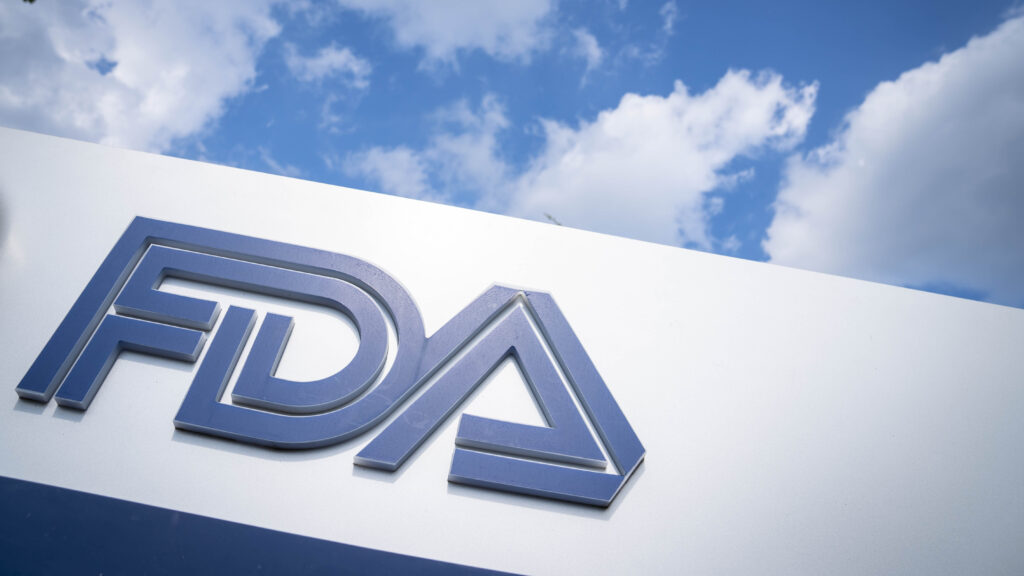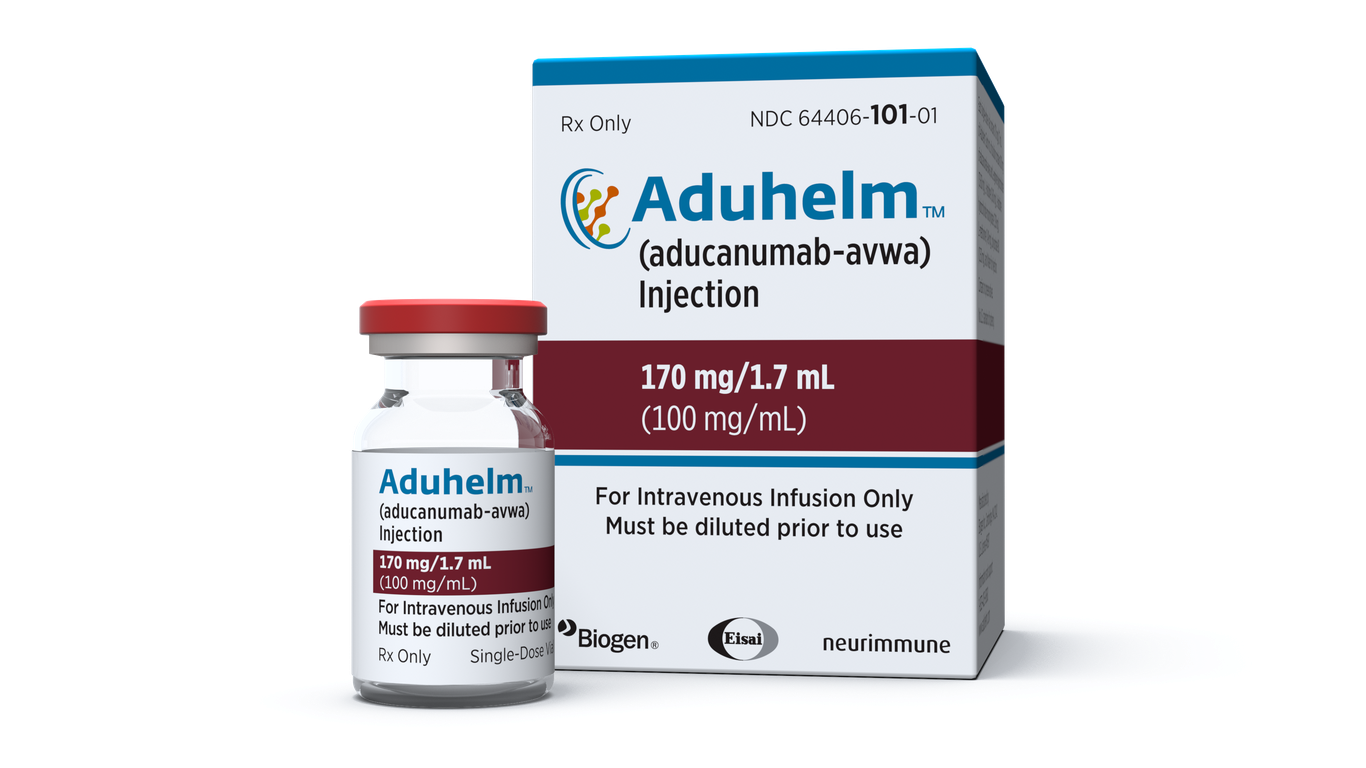A few things...first, the price Biogen said it'll charge is the price, no wishful thinking. They've "justified" it by claiming it's cheaper than various cancer drugs, for what that's worth. But you sound like someone can/will make Biogen change its pricing for the drug, which is silly. There is no mechanism by which any entity in the U.S. can force Biogen to change its pricing...outside market pressure, which won't happen.
Why won't market pressures make Biogen change its pricing? Well, there are a few facts you need to consider in all this:
Federal law expressly prohibits Medicare from negotiating drug prices. What's probably the single largest insurance plan in the U.S. is prohibited from exercising any market forces to influence drug charged/list prices. You do know that, right? Medicare cannot dicker over drug pricing established by the mfgr. So who's going to challenge the pricing?
Second, Medicare is REQUIRED by Federal law to cover nearly every drug the FDA approves. Doesn't mean the drug has to be an improvement over current therapy or even be effective at all...just that the FDA approves the drug as safe for human consumption.
About the only thing that'll change the list price for the drug is public outcry, which will be loud for a week, then die down quickly as the target audience, those on Medicare, start asking for it from their MD's, cost be damned, because the new ads that are certain to be on continual rotation on Fox News, will spread the "hope and promise" of this new drug treatment for the dreaded Alzheimer's...and that's just too tempting a thread to not pull it, cost be damned. After all, that's exactly how the drug got approved in the first place...family and friends of Alz. patients, and pts. themselves, cried out to the FDA to approve the drug after the 11-member Peripheral and Central Nervous System Drugs Advisory Committee voted to not approve it.
There hasn't been an Alzheimer's drug approved in 20 years, so the sense of desperation is surely a major factor in the outcry to approve the drug.
Why? Interestingly, since this drug is an IV-only administered drug, it falls under unique Medicare rules.
(The below taken from an Axios article...)
Medicare Part B covers IV medications like Aduhelm that are administered in doctors' offices, and pays 106% of its average sales price, which usually hovers around the retail list price set by the drug company.
- If Medicare decides to cover the drug with no restrictions, it would pay almost $59,000 annually for a course of treatment. Biogen could easily fetch tens of billions of dollars every year if fewer than 10% of the 6 million Alzheimer's patients get it.
What to watch: Whether Medicare will restrict coverage.

www.axios.com
Medicare patients have a 20% coinsurance rate on these drugs after they meet their deductible, so some patients could have to pay more than $10,000 in extra out-of-pocket costs, according to Juliette Cubanski, a Medicare policy expert at the Kaiser Family Foundation. This is the part that could potentially get some major outcry, except for the fact that Biogen, in a sign of being soft-hearted and kind, can waive the co-pay or reduce it, at will. So, if there's any blowback on price, it'll probably only effect the co-pay, not what Medicare pays.
Kaiser estimated that if only 500,000 Medicare patients ended up taking this drug, it'd cost Medicare $29 Billion/year.
And if there ever was a reason to rewrite/abolish the utter stupidity of not allowing Medicare to negotiate drug prices, this may end up being that turning point. This single drug could potentially cost so much that Medicare premiums skyrocket. Don't think the seniors that advocated for this drug to be approved even thought of this consequence...at all.
But as far as the list price right now? It is what it is and what will be charged until/unless we allow Medicare to haggle drug prices.








